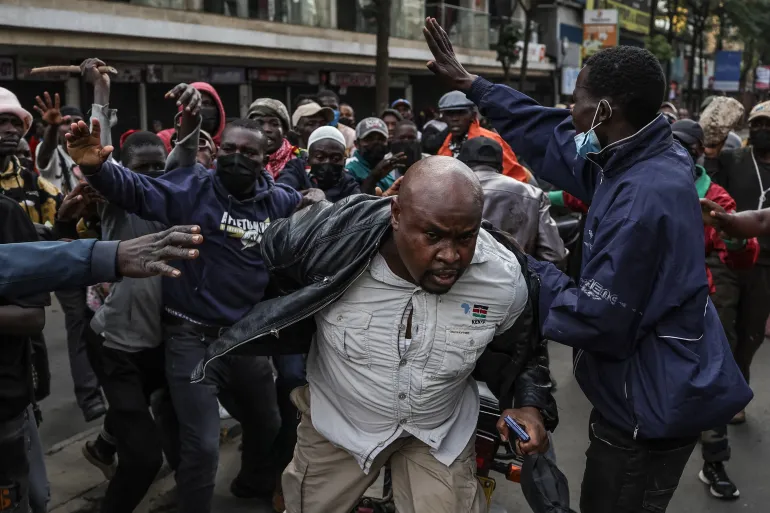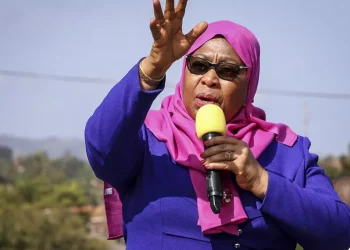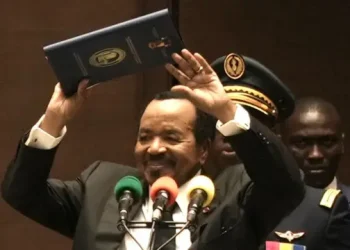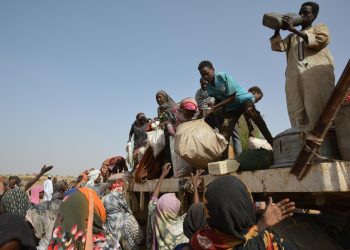Amnesty International has revealed that Kenyan authorities used a network of paid trolls to intimidate and threaten young protesters during the anti-government demonstrations that swept through the country in 2024 and 2025. According to the human rights group, the government also employed disinformation campaigns and surveillance to suppress protestors, particularly targeting Gen Z activists who mobilized through social media platforms.
Kenya’s Use of Trolls to Target Protesters
The Kenya trolls targeting Gen Z protesters was part of a larger campaign to silence dissent during the nationwide demonstrations. The protests, largely driven by young people, erupted over issues such as proposed tax hikes, femicide, and corruption. Amnesty’s report highlights how young women and LGBT+ activists were disproportionately targeted with misogynistic and homophobic content, including disturbing AI-generated images.
In response to the allegations, Kenya’s Interior Minister Kipchumba Murkomen denied the government’s involvement in harassment or violence, insisting that any unlawful conduct by security forces would be investigated. However, Amnesty’s findings point to a well-coordinated effort to suppress the voices of those pushing for change.
A Digital Crackdown on Protesters
The report sheds light on the digital abuse faced by activists, with some receiving violent threats through social media platforms like X (formerly Twitter), TikTok, Facebook, and WhatsApp. One activist described how they were threatened with harm to their child, forcing them to take precautions such as changing their child’s school.
Amnesty also pointed out the use of “keyboard warriors,” individuals paid to flood social media with pro-government messages and drown out protest hashtags. Additionally, reports suggest that authorities used mobile data to track protest leaders, an accusation denied by Kenya’s leading telecom provider, Safaricom.
Amid the ongoing protests, more than 100 people were reportedly killed in clashes with police, while many others faced arbitrary arrests and enforced disappearances. Despite the government’s defense of the security forces, the ongoing crackdown has raised serious concerns about human rights violations and the suppression of free speech.













